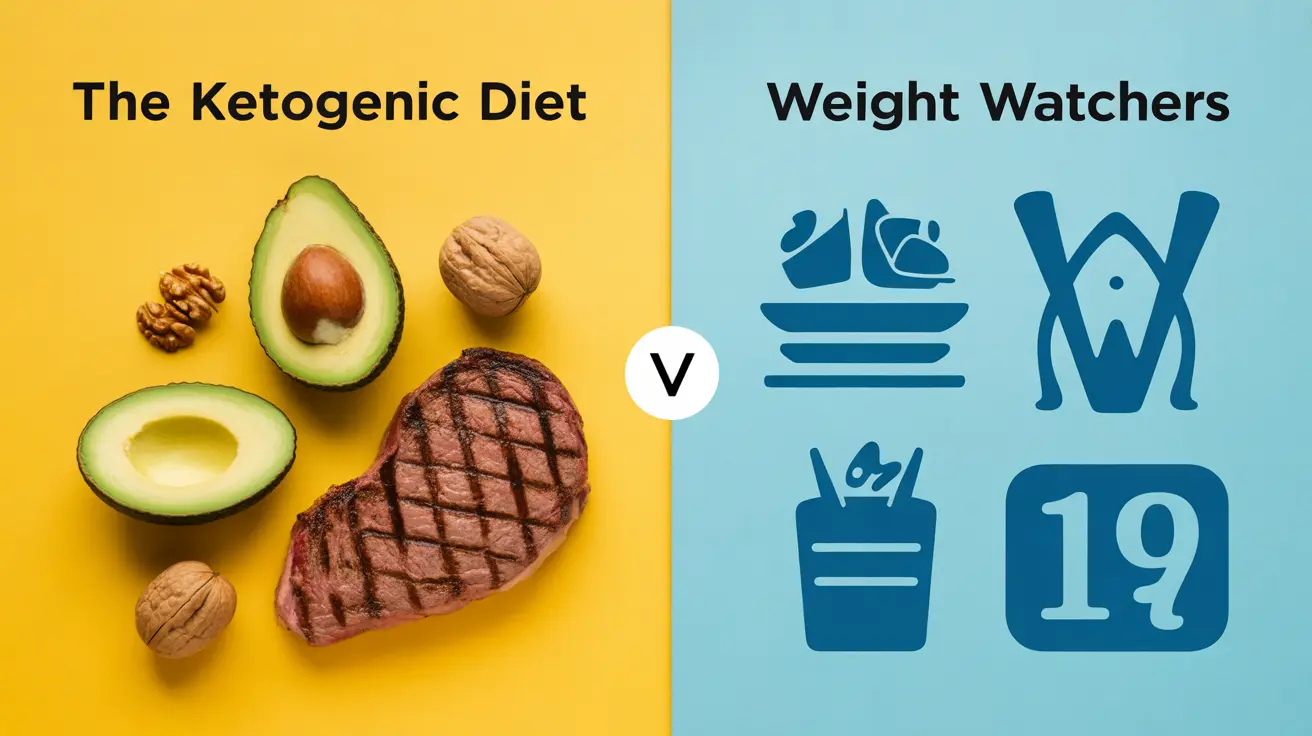When it comes to choosing a weight loss program, two popular options often come head-to-head: the ketogenic diet and Weight Watchers (now known as WW). Both approaches have helped countless individuals achieve their weight loss goals, but they operate on fundamentally different principles. Understanding these differences is crucial for making an informed decision about which program might work better for your lifestyle and weight management goals.
Understanding the Basic Principles
The ketogenic diet is a low-carbohydrate, high-fat eating plan that forces your body into a metabolic state called ketosis. In this state, your body becomes extremely efficient at burning fat for energy instead of carbohydrates. Weight Watchers, on the other hand, uses a points-based system that allows members to eat any food while staying within their daily points allowance, promoting portion control and balanced nutrition.
Fundamental Differences in Approach
Food Restrictions and Flexibility
The keto diet requires strict carbohydrate limitation, typically to 20-50 grams per day. This means eliminating most grains, sugars, and even many fruits. Weight Watchers offers more flexibility, allowing all foods but assigning them point values based on their nutritional content. This fundamental difference can significantly impact adherence and satisfaction with each program.
Tracking Methods
With keto, followers must carefully monitor their macronutrient intake, particularly carbohydrates, to maintain ketosis. Weight Watchers simplifies tracking through their points system, which takes into account calories, protein, sugar, and saturated fat content of foods. Many find the points system more intuitive and easier to follow in social situations.
Effectiveness and Sustainability
Short-term Results
The keto diet often produces rapid initial weight loss, primarily due to water weight loss in the first few weeks. This can be motivating for many people. Weight Watchers typically results in more gradual weight loss, usually 1-2 pounds per week, which is considered a healthy and sustainable rate.
Long-term Success
Weight Watchers has been extensively studied and shown to support long-term weight management through its focus on behavior modification and sustainable habits. The keto diet, while effective for some, can be challenging to maintain long-term due to its restrictive nature and potential social limitations.
Cost Considerations
Program Expenses
Weight Watchers requires a monthly membership fee that provides access to their app, support system, and tracking tools. The keto diet doesn't have direct program costs but may require purchasing specialty foods and supplements. Fresh, high-fat foods like meat, fish, and nuts can be expensive, potentially making keto costlier in terms of grocery bills.
Health Implications
Nutritional Considerations
Weight Watchers encourages a balanced diet that aligns with most dietary guidelines. The keto diet's severe carbohydrate restriction may lead to nutrient deficiencies if not carefully planned. Both programs require attention to ensure adequate nutrition, but keto demands more detailed nutritional knowledge.
Frequently Asked Questions
What are the main differences between the keto diet and Weight Watchers for weight loss? The keto diet restricts carbohydrates severely to induce ketosis, while Weight Watchers uses a points-based system that allows all foods in moderation. Keto focuses on macronutrient ratios, while Weight Watchers emphasizes portion control and overall balanced nutrition.
Which diet, keto or Weight Watchers, is more effective for long-term weight management? Weight Watchers generally shows better long-term success rates due to its flexible approach and focus on sustainable habits. While keto can produce rapid initial results, its restrictive nature makes it more challenging to maintain long-term.
How do the costs of following the keto diet compare to subscribing to Weight Watchers? Weight Watchers requires a monthly subscription fee but has no specific food requirements. Keto has no program fees but often involves higher grocery costs due to specialty foods and high-quality proteins and fats.
Can Weight Watchers and keto be combined, or are they incompatible diets? While technically possible, combining these approaches isn't recommended as they operate on different principles. Weight Watchers' points system isn't designed to accommodate the high-fat, very low-carb requirements of keto.
What are the potential challenges or downsides of sticking to keto versus Weight Watchers? Keto's main challenges include social dining difficulties, potential nutrient deficiencies, and strict carb counting. Weight Watchers' challenges typically involve the ongoing cost of membership and the need for consistent point tracking, though it offers more flexibility in food choices.




